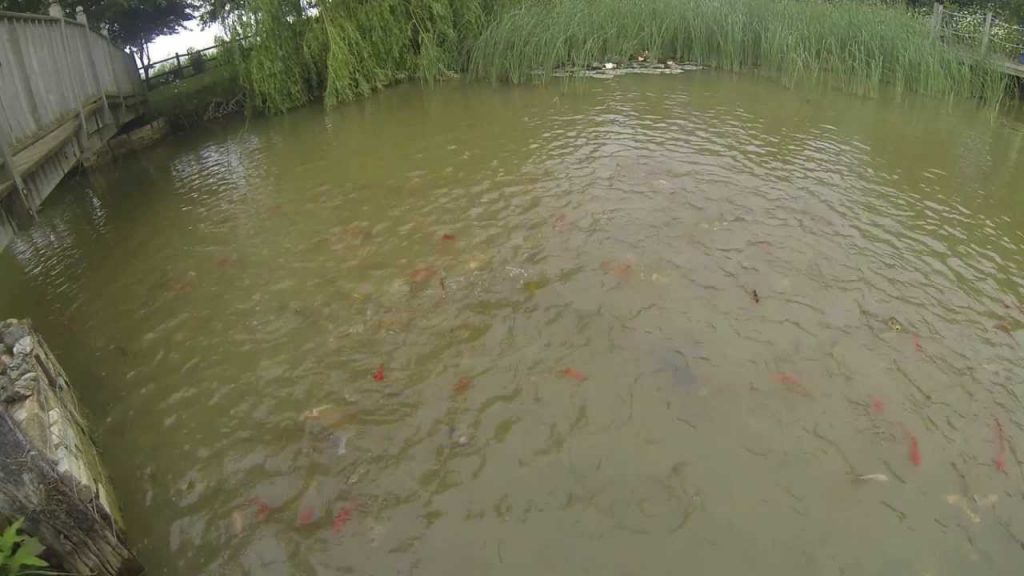
Jade Lee-Duffy and Karen Emmons
DEVELOPMENT ASIA | March 31, 2012
After a heavy rainstorm in June, farmers around the townships of Qujing City in Yunnan Province in the southwest People’s Republic of China’s (PRC), woke to a disturbing scene. Their goats, sheep, horses, and cattle lay dead on hillsides. The livestock had consumed water tainted by toxic waste.
An investigation found that a local company had hired truck drivers to dispose of the waste at a treatment plant in the bordering Guizhou Province. To save on transport costs, the drivers instead unloaded the heavy metal-laden slurry near a reservoir in Qujing’s rural areas. The rain washed the toxic sludge into a tributary of the Pearl River, one of the country’s extensive river systems.
No human deaths or injuries were reported, but the waste turned the water in a nearby reservoir yellow and villagers up and downstream became afraid of all water.
According to one of the world’s foremost water experts, a man who advises prime ministers and the United Nations, people in developing countries have many reasons to fear their water—beyond the reckless disregard of truck drivers.